11 Childhood Careers Every ’70s Kid Dreamed Of
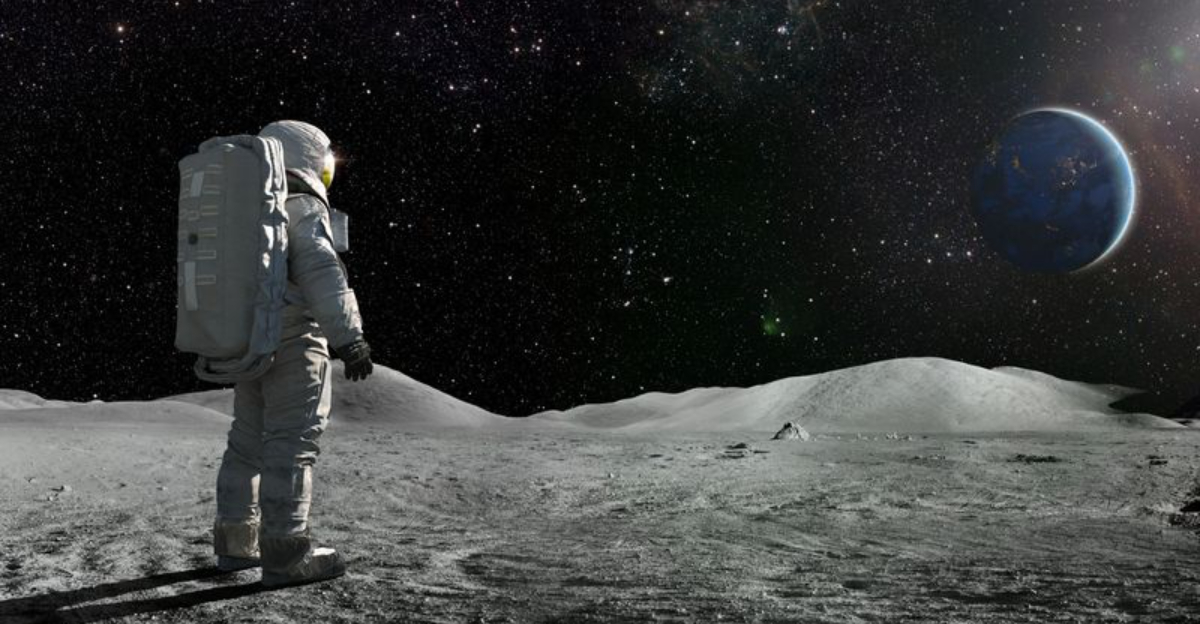
Remember when you’d daydream about what you’d be when you grew up? For kids in the 1970s, career aspirations were shaped by TV shows, movies, and real-world heroes that captured our imaginations.
Many of these dream jobs have faded away or transformed dramatically since bell-bottoms were in style. However, it is time to revisit those nostalgic career paths that had every ’70s kid starry-eyed, and find out what happened to them in the meantime.
1. Roller Disco Star
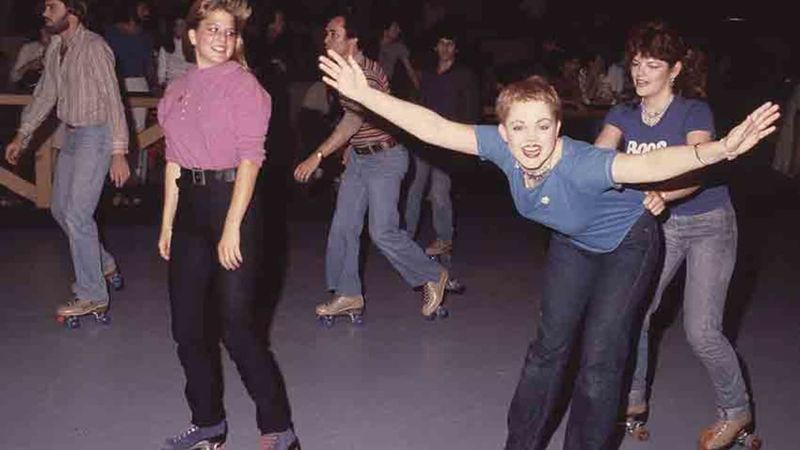
Gliding across polished wooden floors under spinning disco balls represented the ultimate cool career. Kids practiced fancy footwork in driveways, dreaming of professional skating fame and sequined glory.
The roller disco phenomenon peaked with movies like “Roller Boogie” and “Xanadu.” Then the disco backlash hit, rinks closed nationwide, and dreams of professional roller stardom rolled away into obscurity.
2. Astronaut on the Moon

Space fever gripped America’s youth after the Apollo missions. Every kid wanted to bounce across lunar landscapes in those cool white suits, planting flags and collecting moon rocks.
Neil Armstrong and Buzz Aldrin were household heroes, not just astronauts. But when NASA shifted focus from moon landings to space shuttles and budget cuts hit hard, our lunar dreams drifted into space.
3. CB Radio Broadcaster
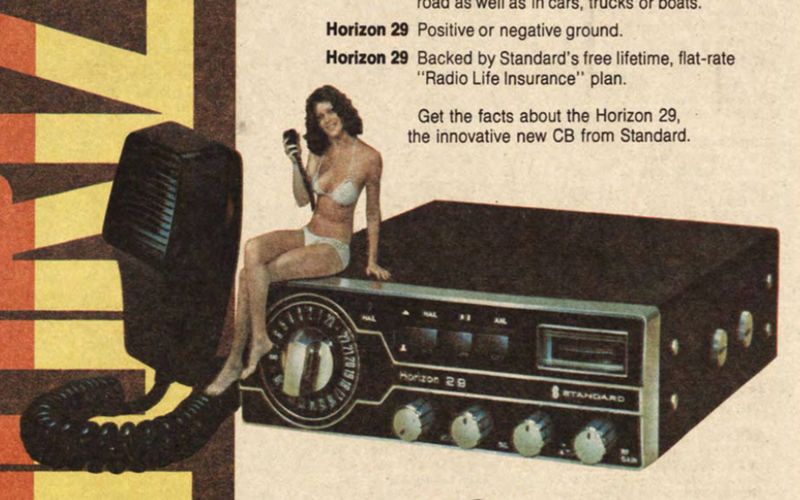
“Breaker one-nine” was the coolest phrase a kid could utter in the ’70s. The mysterious world of citizen band radio operators seemed like rock stars of the highway, with secret codes and catchy handles.
I remember saving my allowance for weeks to buy a plastic CB radio toy that made static sounds when you pressed the button.
The CB radio craze faded when cell phones arrived, making this once-coveted career as obsolete as 8-track tapes.
4. Video Arcade Game Tester
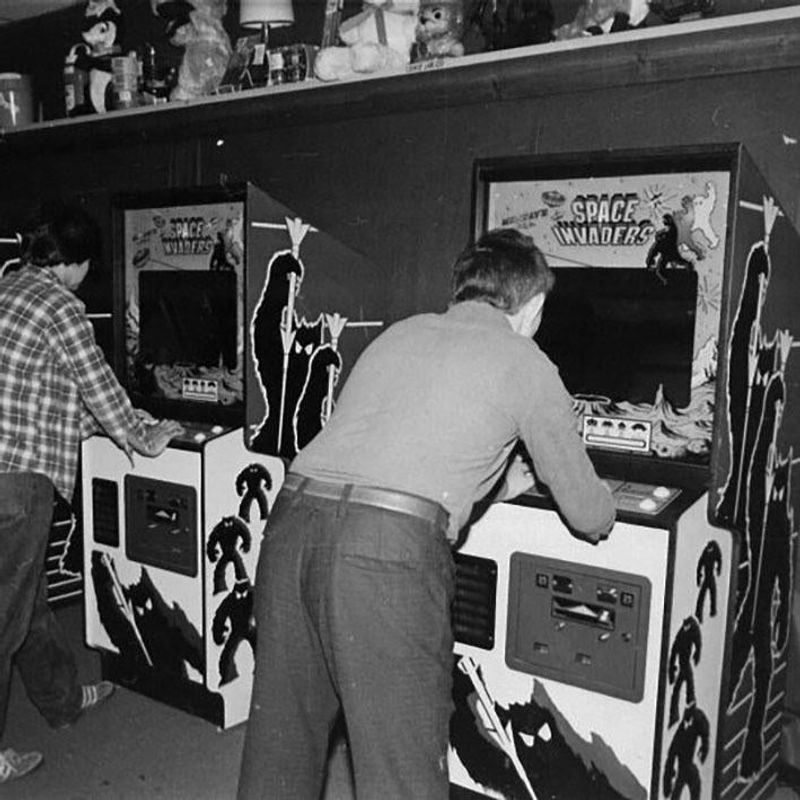
When Space Invaders and Pong hit arcades, kids nationwide imagined the dream job: getting paid to play video games all day! The ultimate career seemed to be testing new games before they hit the market.
Quarters burned holes in pockets as children practiced for this imagined future. Eventually, home consoles took over, arcade culture collapsed, and the job transformed into something far more technical than just having fun with joysticks.
5. Encyclopedia Salesperson
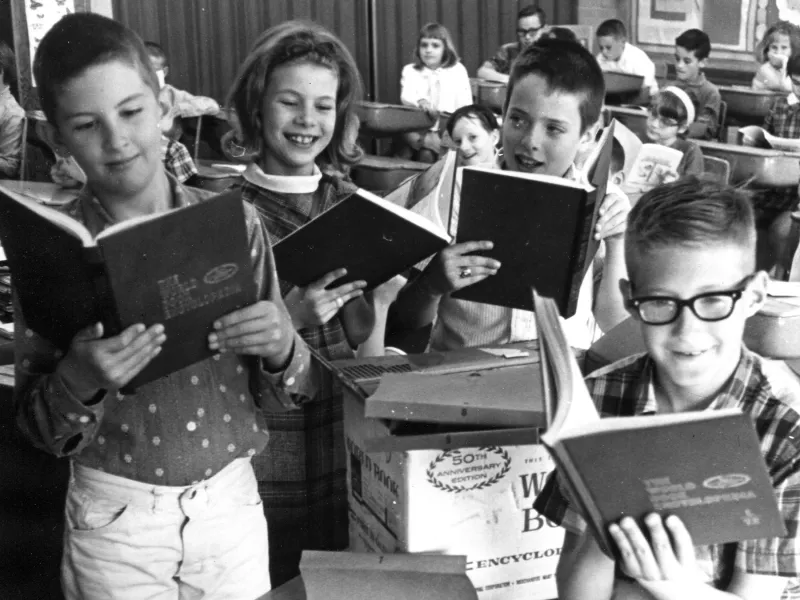
Knocking on doors with a sample volume tucked under your arm seemed impressively grown-up to ’70s kids. Those massive book collections represented knowledge, success, and the promise of commission checks.
My uncle sold encyclopedias and always had a new car – pure magic to my eight-year-old eyes! The internet eventually rendered door-to-door encyclopedia sales extinct, replacing bulky volumes with instant Google searches and Wikipedia articles.
6. Switchboard Operator
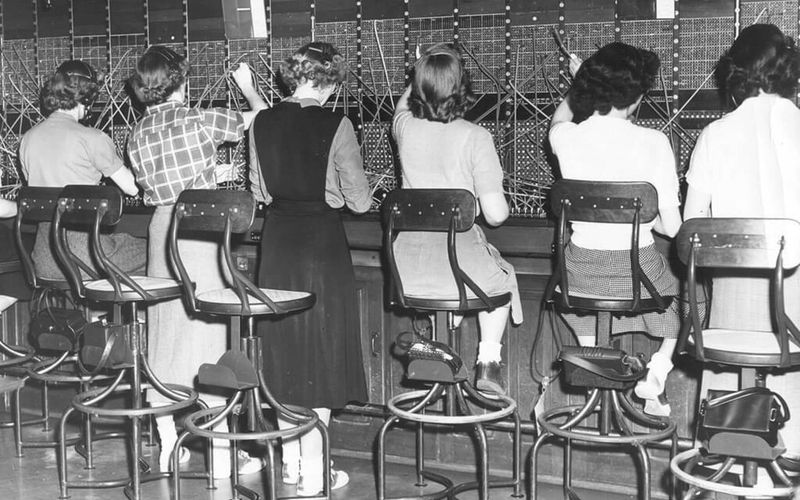
Connecting calls by plugging cords into a massive board looked like orchestrating the world’s conversations. The power! The responsibility! The cool headset!
Children mimicked operators with toy phones, fascinated by the mysterious women who controlled communication. Automated switching systems gradually eliminated these positions, and digital technology finished the job.
The occupation vanished into history alongside rotary phones and party lines.
7. Travel Agent

Exotic brochures, mysterious ticket machines, and the power to send people anywhere in the world made travel agencies magical places. Kids dreamed of working behind those desks, planning adventures and perhaps scoring free trips.
I spent hours cutting pictures from travel brochures for school projects, imagining my future office filled with posters of Hawaii. The internet revolution allowed people to book their own flights and hotels, decimating this once-thriving career path.
8. Typewriter Repair Technician
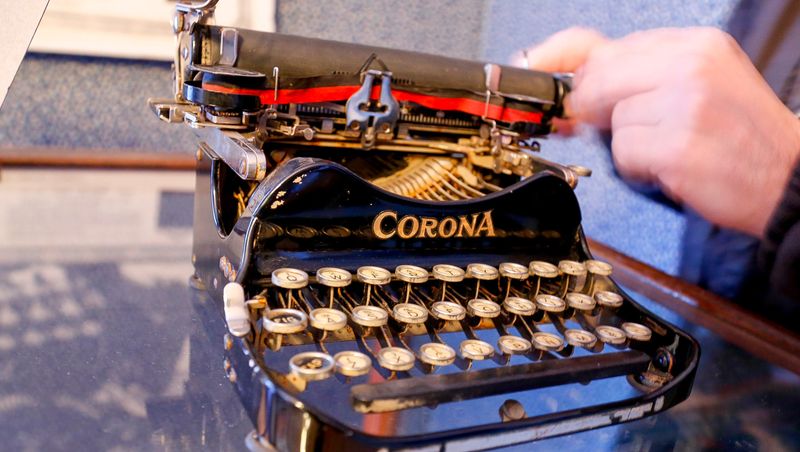
The clickety-clack of typewriters represented serious business to ’70s children. Repair technicians seemed like doctors for machines, arriving with mysterious tools to fix the family Smith Corona.
Schools taught typing skills as essential for future employment, making typewriter techs seem like recession-proof professionals.
When personal computers arrived in the 1980s, typewriters quickly became obsolete, along with the specialized skills needed to maintain them.
9. Record Store Owner
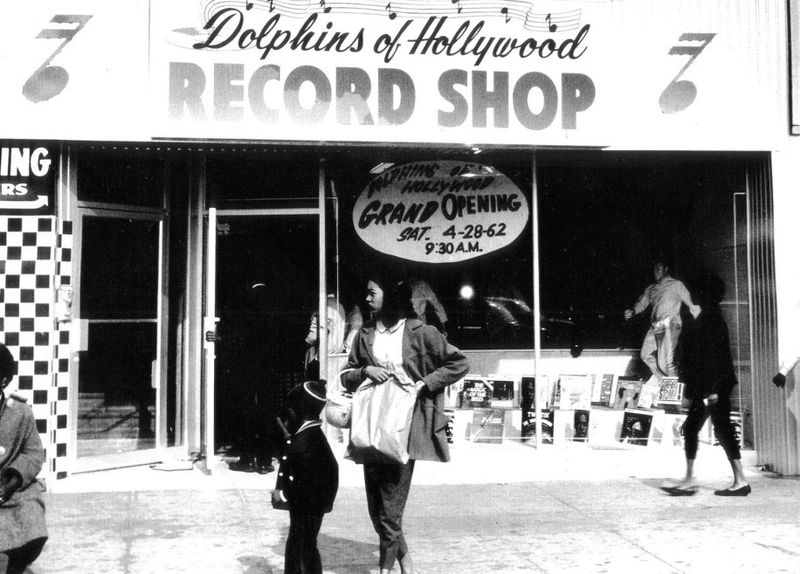
Vinyl records were the soundtrack of childhood, and owning a record store seemed like the coolest job imaginable. The allure of discovering new bands and controlling the music selection for an entire town was irresistible.
High-fidelity became a lifestyle, not just a hobby. But cassettes, CDs, and eventually digital downloads and streaming services made record stores increasingly rare. The dream job faded out like the B-side of a forgotten single.
10. TV Repair Person
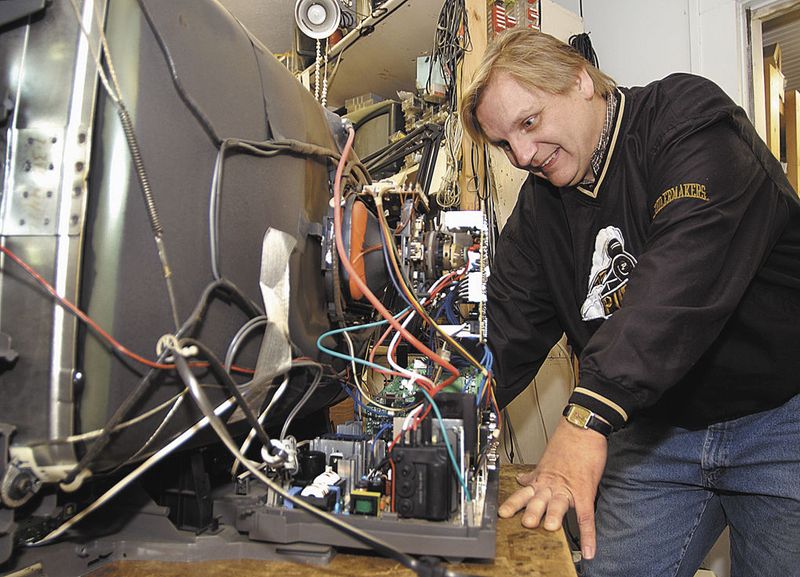
Television repairmen were household heroes who rescued families from the dreaded blank screen. They arrived with tube-filled cases and magical tools that could bring Starsky and Hutch back to life.
I remember our repairman, Mr. Wilson, who let me hold his flashlight while he worked. He seemed like a wizard!
As TVs became cheaper to replace than repair and technology shifted from tubes to microchips, this once-essential profession vanished from neighborhoods across America.
11. Pinball Machine Mechanic
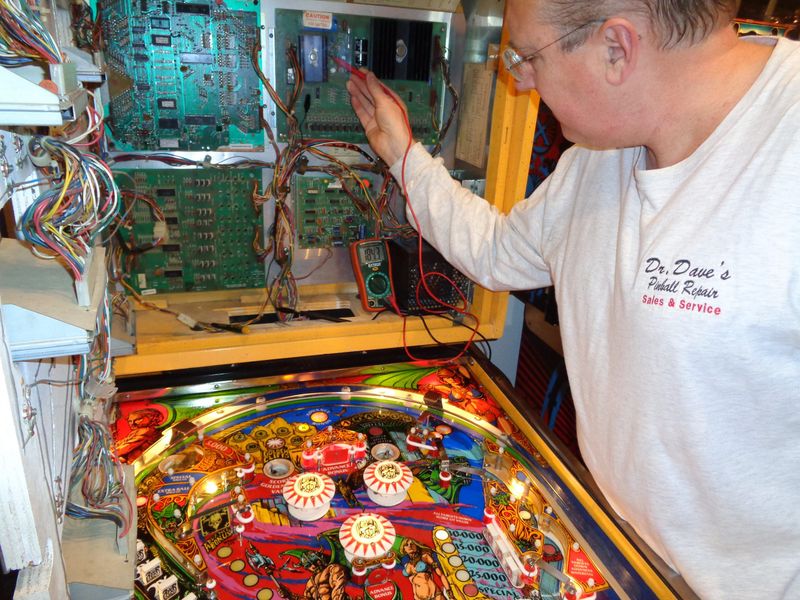
Before video games dominated, pinball wizards ruled the arcades. The mechanics who kept these machines operational seemed to possess secret knowledge of flippers, bumpers, and those magical silver balls.
Kids would watch in awe as technicians opened machine backglasses, revealing the mysterious inner workings.
As digital entertainment took over and pinball production declined dramatically in the ’80s and ’90s, this hands-on career became increasingly rare.
